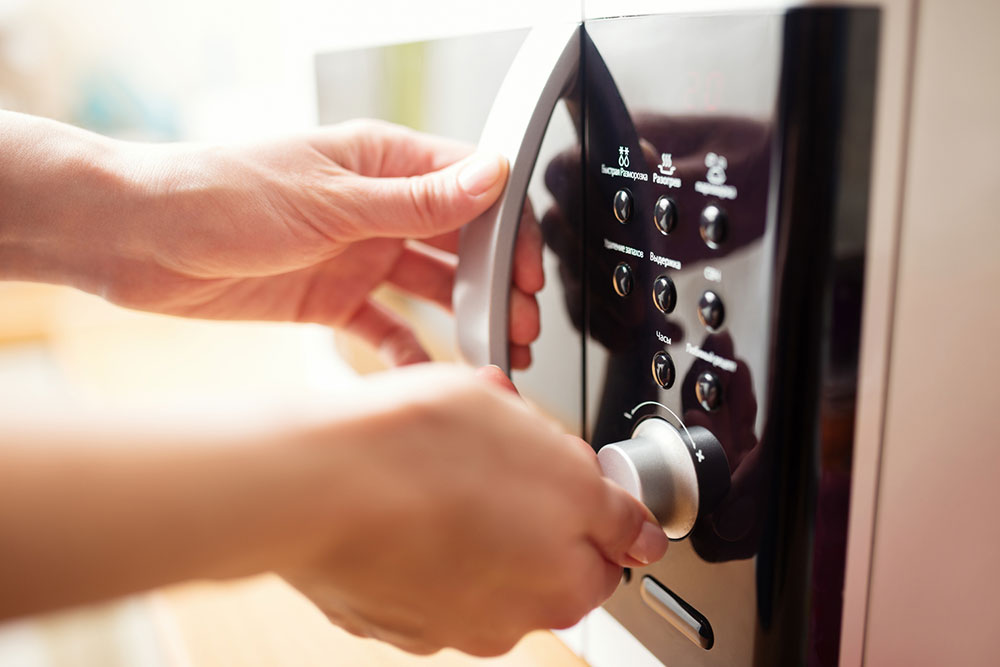
8 common mistakes to avoid while using ovens
Having an oven makes it quite easy to prepare meals. Whether it’s baking, grilling, or reheating food, an oven saves a lot of time. This means the oven is perhaps among the most used appliances in the kitchen. But frequent use means one gets careless about how they are operating the appliance. There are lots of mistakes made while using the oven. For example, shutting the door too fast or preheating the oven for too long.
Common mistakes to avoid
Here are a few common mistakes to avoid when using ovens:
1. Preheating for too long
Many people often let the oven preheat for too long. It is easy to assume that preheating for a couple of minutes will not do much harm to the food. One can always adjust the temperature and time to ensure the food is cooked well. While this might be true, preheating does have an adverse effect on the oven itself. In fact, it increases the oven’s energy consumption, which invariably leads to inflated power bills.
2. Stuffing the oven with too many things
It is a common practice to save time while cooking by loading up the oven with multiple things. But sometimes, this practice may go overboard when one crams all the racks over their capacity. When this happens, the overall performance of the oven declines. This is because the heated air is unable to flow freely inside the oven. This will not only affect the oven’s ability to cook all the food properly but will also increase the risk of a fire hazard. To avoid this, use staggered cooking times and ensure to keep the food warm on a stovetop by covering it.
3. Placing a foil at the bottom of the oven
Oven cleaning can often be a hard and unpleasant task. Getting rid of the burnt grease and dried grim takes not only a lot of time but also a lot of effort. So to avoid this, sometimes one may keep a foil at the bottom of the oven. This is a common trick that is supposed to make cleaning easier, as the grease and oil get collected on the foil. While the foil may make cleaning easier, it blocks the airflow within the oven. This disrupts the heating element, which can ultimately lead to oven failure. Sometimes, the oven may have to be recalibrated all over again.
4. Not cleaning the oven frequently
With food being constantly cooked in an oven, it is bound to accumulate grease, grime, and food particles. All of this has a direct impact on the heating sources in the oven. As a result, the appliance does not warm thoroughly. So, it ends up working harder than it needs to. This often leads to frequent instances of uncooked food. To prevent this from happening, it is useful to regularly clean all the burnt food and its residue from the floor of the oven, the racks, as well as the walls. This kind of deep cleaning must be done at least twice a month.
5. Spraying cleaner directly on the knobs
It is a common habit for many people to spray the knobs and controls of the oven directly with a household cleaner. The problem with this is that the liquid can easily go inside and behind the switches and knobs. As a result, there is a high risk of the control panel shorting out. Instead, it would be better to take a soft cloth and spray it with a gentle liquid cleaner, then use it to wipe off the controls and knobs.
6. Ignoring the rust on the racks
Not getting rid of rust on the racks of the oven can lead to a lot of problems. For starters, the exposed, rusted coating can directly damage the various baking dishes. Besides this, the rust that chips off can increase the risk of the rack catching fire. Finally, it is highly likely that the rust may end up in the food being cooked in the oven, increasing the risk of toxicity and food poisoning. So next time any brownish or splotchy stains of rust are spotted, make sure to clean them off immediately with a nonabrasive scouring pad dipped in a solution of soapy water and vinegar.
7. Not treating the door with care
While oven doors are made to be resilient, it is still important to handle them with care. For example, sometimes one may get carried away while cleaning the door of the oven and start to aggressively scrub the glass. This will compromise the sturdiness of the door. Furthermore, if one uses hard cleaning tools instead of soft sponges to remove the grime, the door may be damaged. Besides this, slamming the door too hard when hands are full must also be avoided. Aside from this, the door should never be used as a temporary shelf for hot utensils before they are put on the kitchen table or stovetop. Not taking care to prevent these practices means micro-fissures may develop over time on the glass portion of the door. Eventually, it will shatter or even explode in worst-case scenarios.
8. Not using surge protectors
Surge protectors are helpful to protect all appliances, including the oven, from excess voltage. The excess voltage can occur due to any reason, such as thunderstorms, lightning, extreme weather, switching operations, faults, capacitor switching, and so on. With a surge protector plugged in during the installation of the oven, the appliance will not have any operational damage.





